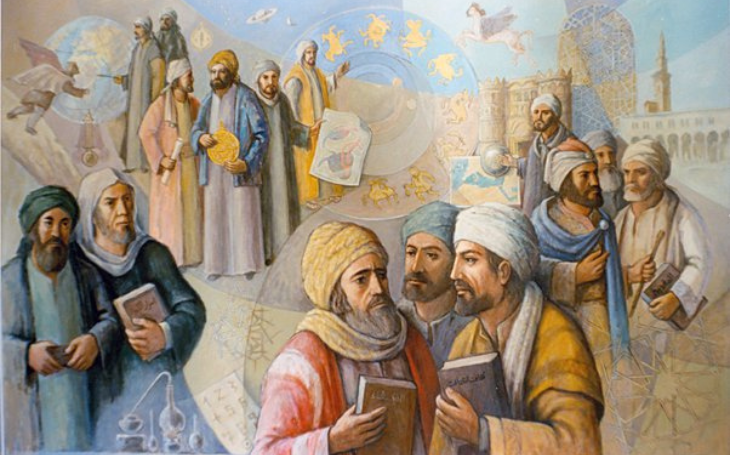
Exploring the Richness of Islamic Philosophy: A Journey Through Time and Thought
Exploring the Richness of Islamic Philosophy: A Journey Through Time and Thought
Introduction: Islamic philosophy, a vast and intricate realm of intellectual inquiry, offers profound insights into the nature of existence, knowledge, ethics, and the divine. Rooted in the teachings of the Quran and the Hadith, Islamic philosophy has evolved over centuries, blending influences from Greek, Persian, and Indian philosophical traditions. In this blog, we embark on a journey through the corridors of Islamic thought, delving into its key concepts, prominent figures, and enduring legacies.
The Foundations of Islamic Philosophy: At the heart of Islamic philosophy lies a deep reverence for knowledge and wisdom. The Quran itself encourages believers to ponder the signs of creation and to seek understanding of the world around them. This emphasis on intellect and inquiry laid the groundwork for the development of Islamic philosophy.
One of the earliest and most influential figures in Islamic philosophy is Al-Kindi (c. 801–873 CE), known as the "Philosopher of the Arabs." Al-Kindi played a pivotal role in translating and synthesizing Greek philosophical works into Arabic, thereby introducing Greek thought to the Islamic world. His works encompassed a wide range of subjects, including metaphysics, ethics, and epistemology, and set the stage for future philosophical endeavors.
The Golden Age of Islamic Philosophy: The 9th to 12th centuries, often referred to as the Golden Age of Islamic civilization, witnessed a flourishing of intellectual activity across the Islamic world. During this period, scholars like Al-Farabi, Avicenna (Ibn Sina), and Averroes (Ibn Rushd) made monumental contributions to Islamic philosophy.
Al-Farabi (c. 872–950 CE), known as the "Second Teacher" (after Aristotle), synthesized Greek and Islamic thought, laying the groundwork for later developments in Islamic philosophy. His works explored themes such as political philosophy, ethics, and metaphysics, and his influence extended far beyond the Islamic world, shaping philosophical discourse in Europe as well.
Avicenna (980–1037 CE), arguably the most renowned philosopher of the Islamic tradition, made significant advancements in various fields, including medicine, astronomy, and philosophy. His magnum opus, "The Book of Healing" (Al-Shifa), encompassed logic, metaphysics, and theology, and became a cornerstone of Islamic philosophical thought.
Averroes (1126–1198 CE), a towering figure in Islamic and Western philosophy, is best known for his commentaries on Aristotle. Averroes sought to reconcile Aristotelian philosophy with Islamic theology, paving the way for the integration of reason and revelation within the Islamic intellectual tradition.
Themes in Islamic Philosophy: Islamic philosophy grapples with a multitude of philosophical questions, ranging from the nature of God and the cosmos to the limits of human knowledge and free will. Central to Islamic philosophy is the concept of Tawhid, or the unity of God, which underscores the oneness and transcendence of the divine.
Ethical considerations also occupy a central place in Islamic philosophy, with scholars exploring the nature of virtue, justice, and moral responsibility. Islamic ethics emphasizes the cultivation of moral character (akhlaq) and the pursuit of excellence in conduct.
Moreover, Islamic philosophers engage in profound reflections on epistemology, delving into the nature and sources of knowledge. While revelation (Wahy) serves as a primary source of guidance in Islamic epistemology, reason (Aql) is also esteemed as a crucial tool for discerning truth and understanding the world.
Conclusion: Islamic philosophy stands as a testament to the richness and diversity of human thought. From its origins in the early Islamic period to its flourishing during the Golden Age, Islamic philosophy has left an indelible mark on the intellectual landscape of the world. By exploring its key concepts, prominent figures, and enduring legacies, we gain a deeper appreciation for the profound insights and enduring relevance of Islamic philosophical thought.






